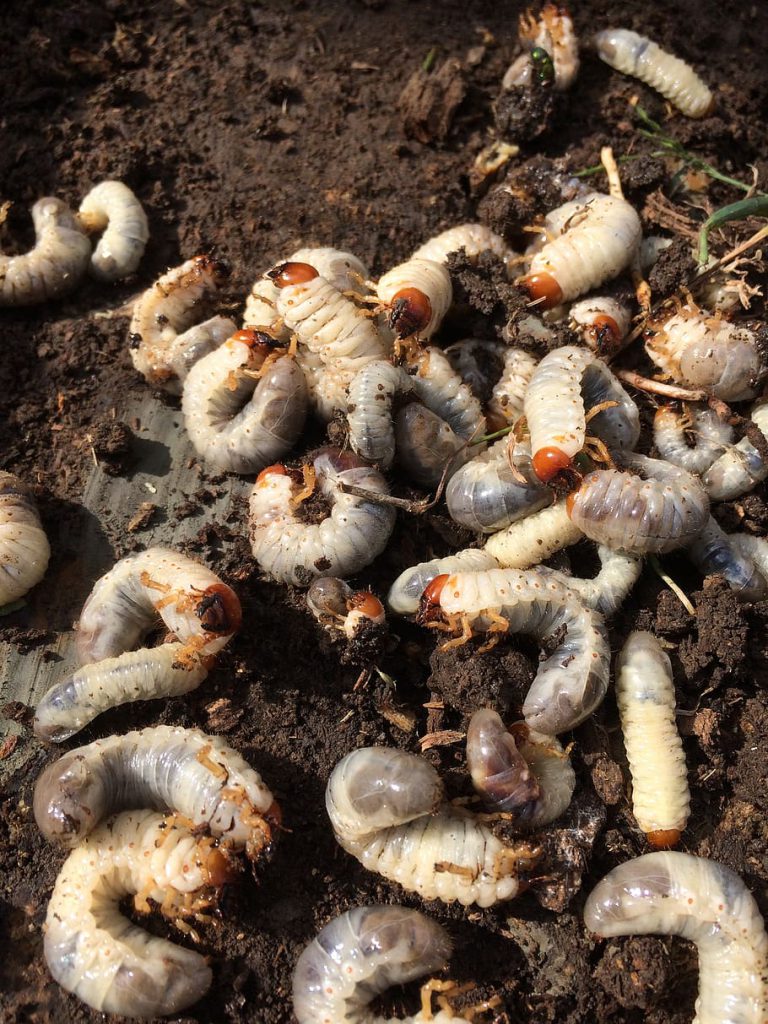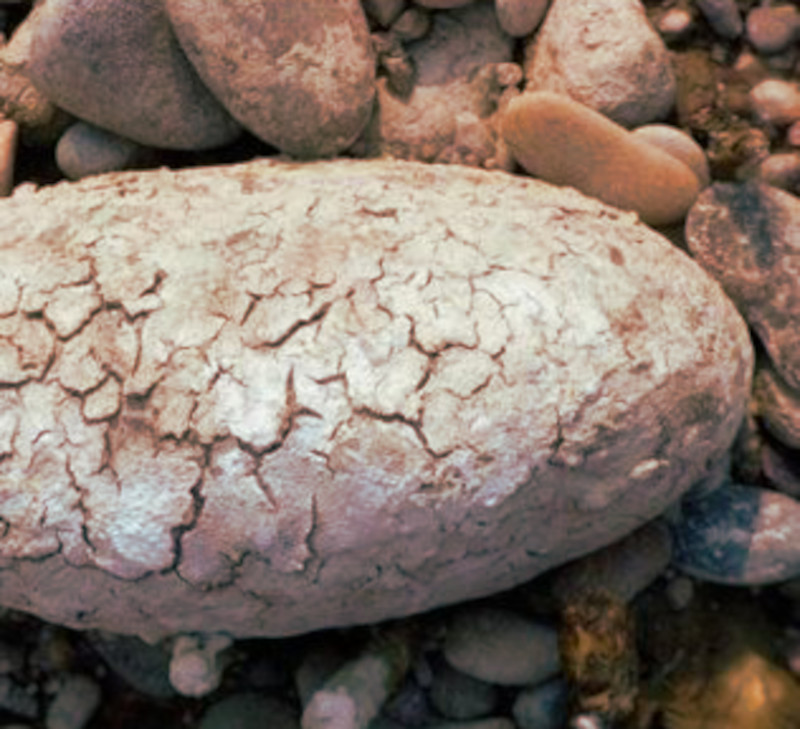The idea of using seawater in the garden is an old one. There has been a lot of research on the advantages and disadvantages of using seawater in the garden to improve the soil and enrich the soil with nutrients.
This is because of the presence of many nutrients in seawater. Nutrients that are valuable to soil quality and necessary for plants.
Attention! Do not pour seawater directly into your garden soil
To be clear from the start, using seawater in the garden does not mean taking buckets of seawater and watering the plants, replacing fresh irrigation water.
Anyone who does this will destroy their soil and plants due to the high salt content of the seawater. The average salt content of seawater in the Mediterranean Sea is 3.8%. To give you a yardstick, an energy drink contains just 0.1% salt.
How much salt does seawater contain?
Not all seas have the same salt content.
For example, the Baltic Sea has a salt content of 0.5%, the Caspian Sea 1.2%, the Caribbean Sea and the Mediterranean Sea 3.8%, the Red Sea 4% and the Dead Sea 24-33%!
I will focus on the Mediterranean Sea, which is the sea surrounding Greece.
Why is the idea of using seawater in the garden as fertilizer interesting?
The use of seawater in the garden is interesting because seawater, apart from salt, contains all the minerals that are necessary for the healthy growth of plants. By watering with seawater, we add to the soil all the minerals that plants need for their growth. It’s like pouring fertilizer rich in rare nutrients.
What are the minerals found in seawater that are useful to plants?
In relatively large quantities: Hydrogen, Oxygen, Sodium, Sodium, Nitrogen, Phosphorus, Potassium, Calcium, Magnesium, Sulphur, Iron, Copper, Manganese, Zinc, Zinc, Boron, Molybdenum, Chlorine.
And in smaller or large quantities: Helium, Lithium, Beryllium, Fluorine, Neon, Aluminum, Silicon, Silicon, Argon, Scandium, Titanium, Vanadium, Chromium, Iron, Cobalt, Nickel, Gallium, Germanium, Arsenic, Selenium, Krypton, Krypton, Ruby, Strontium, Yttrium, Zirconium, Niobium, Ruthenium, Silver, Cadmium, Tin, Iodine, Xenon, Caesium, Barium, Lanthanum, Demetrium, Praceodymium, Neodymium, Samarium, Europio, Gadolinium, Terbium, Dysprosium, Cholium, Erbium, Thulium, Utterbium, Lutetium, Afnio, Tantalum, Tantalum, Bungsten, Rhenium, Gold, Mercury, Mercury, Lead, Bismuth, Thorius, Uranium.
Research has been done on the use of seawater as fertilizer
The fact that seawater contains all the minerals necessary for plants has led a number of researchers to study its use for soil enrichment. Thus we have studies such as Turekian 1968, DOE 1997, Motavalli and Marler 1998, Mount and Schuppan 1978, Feign 1985, Glenn et al. 1998, Sgherri et al. 2008, Heckman and Orton 2010.
How to use seawater in the garden
By using seawater in the garden I want to make the best use of the nutrients it contains without damaging my soil and plants due to the salt it contains.
How to collect seawater for the garden
We collect seawater near the coast. If possible on shores where not many people go.
Use a glass container and collect seawater at least 10 to 15 cm below the surface.
How do I treat the seawater before using it in the garden?
We do not use seawater directly in the garden.
Dilute it in a 1:30 ratio with fresh water before using it.
For example, to 10 litres of fresh water, add 330 ml of seawater (the equivalent of a soft drink bottle) and mix well.
Every now and then water with seawater
Opinions differ here. Some suggest once a year, and others suggest 3-4 times a year.
If I were you, I would choose the safe option. And that is once a year.
I would evaluate the results on the crops. I would continue if I saw positive results. I would stop if I saw that the plants were not responding.
Seawater in the garden?
You can try using seawater in the garden. But not insoluble. You should dilute it in a 1:30 ratio with fresh water.
This way you will enrich the soil with the mineral nutrients that seawater contains and are useful to the plants.
Sources
Natural Farming: Diluted Seawater – CTAHR (PDF)
https://www.ctahr.hawaii.edu/oc/freepubs/pdf/sa-9.pdf
The chemical composition of seawater
http://www.seafriends.org.nz/oceano/seawater.htm
Did you know that ocean water is perfect fertilizer?
https://medium.com/@evanfolds/sea-energy-agriculture-ea3711a8233a
Sea Minerals Fertilizer – My Favorite Fertilizer
https://www.smilinggardener.com/sale/sea-minerals-fertilizer/
Image source
SWIMMING IN THE MEDITERRANEAN SEA
http://sandytlam.com/travel/mediterranean-sea/
Tags: FERTILIZER • FERTLIZERS • SEA WATER • SOIL • WATERING WITH SEA WATER




